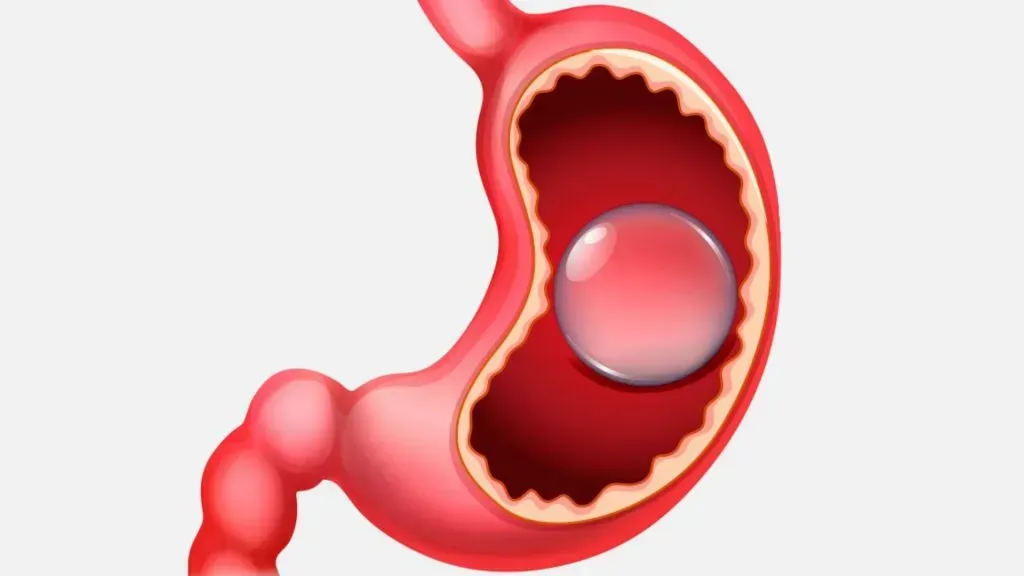Understanding Rectal Bleeding in Ulcerative Colitis: The Role of Colonoscopy
Rectal bleeding is a common symptom associated with ulcerative colitis, a type of inflammatory bowel disease that affects the colon and rectum. Colonoscopy plays a crucial role in diagnosing and monitoring ulcerative colitis, especially when rectal bleeding is present. This article explores the relationship between rectal bleeding and ulcerative colitis, emphasizing the importance of colonoscopy in managing this condition effectively.
Exploring the Connection Between Rectal Bleeding and Ulcerative Colitis:
Rectal bleeding, also known as hematochezia, is a common symptom experienced by individuals with ulcerative colitis. It is often indicative of inflammation in the rectum and colon, highlighting the need for thorough evaluation and management to address underlying disease activity.
The Significance of Colonoscopy in Diagnosing and Monitoring Ulcerative Colitis:
Colonoscopy is a valuable diagnostic tool that allows healthcare providers to visualize the colon and rectum, assess disease severity, and obtain tissue samples for analysis. In ulcerative colitis, colonoscopy plays a key role in confirming the diagnosis, evaluating disease extent, and monitoring response to treatment over time.
Understanding Digestive Issues and GI Disorders in Ulcerative Colitis Patients:
Individuals with ulcerative colitis may experience a range of digestive issues and gastrointestinal disorders, including abdominal pain, diarrhea, and malabsorption. These symptoms can significantly impact quality of life and require comprehensive management strategies tailored to each patient's unique needs.
Promoting Early Detection and Treatment Through Colonoscopy:
Early detection of disease activity and complications in ulcerative colitis is essential for optimizing treatment outcomes and preventing disease progression. Colonoscopy enables healthcare providers to identify areas of inflammation, assess mucosal healing, and make informed decisions regarding treatment adjustments for better disease control.
In conclusion, rectal bleeding is a significant symptom in ulcerative colitis that warrants thorough evaluation and management. By recognizing the importance of colonoscopy in diagnosing, monitoring, and treating ulcerative colitis, healthcare providers can empower patients to effectively manage their condition and improve their overall quality of life.










